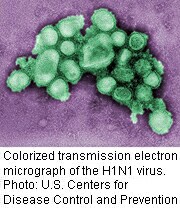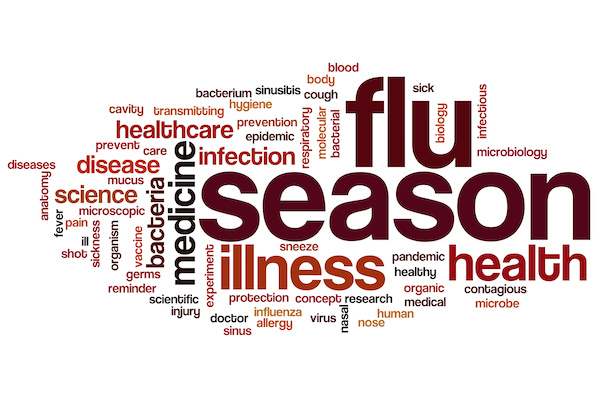
MONDAY, Jan. 10 (HealthDay News) — Extremely obese people had a significantly greater chance of dying than did others infected with the H1N1 swine flu virus that became a pandemic last winter, a new study reports.
Researchers analyzed data from 500 adults hospitalized in California with H1N1 flu during the first four months of 2009 and found that extreme obesity was associated with a nearly three-fold increased risk for death.
Extreme obesity is defined as having a body-mass index (BMI) of 40 or greater. BMI is a statistical measure of whether a person is normal, overweight or obese based on whether weight and height are in proportion.
The study, published online Jan. 5 and in the Feb. 1 print issue of Clinical Infectious Diseases, did not include data on people who were pregnant or younger than 20.
Dr. Janice K. Louie, of the California Department of Health and a study author, said that further research is needed to learn more about why extremely obese people were more likely to die from H1N1 infection.
“Extremely obese persons … should get vaccinated annually for influenza,” she said in a news release from the journal. “They should also see their health provider earlier if symptoms of influenza develop so that they can get diagnosed and treated as quickly as possible. This is especially important if the influenza virus is known to be circulating in the community and causing illness.”
More information
The American Lung Association has more about influenza.

